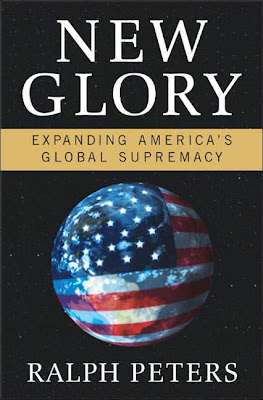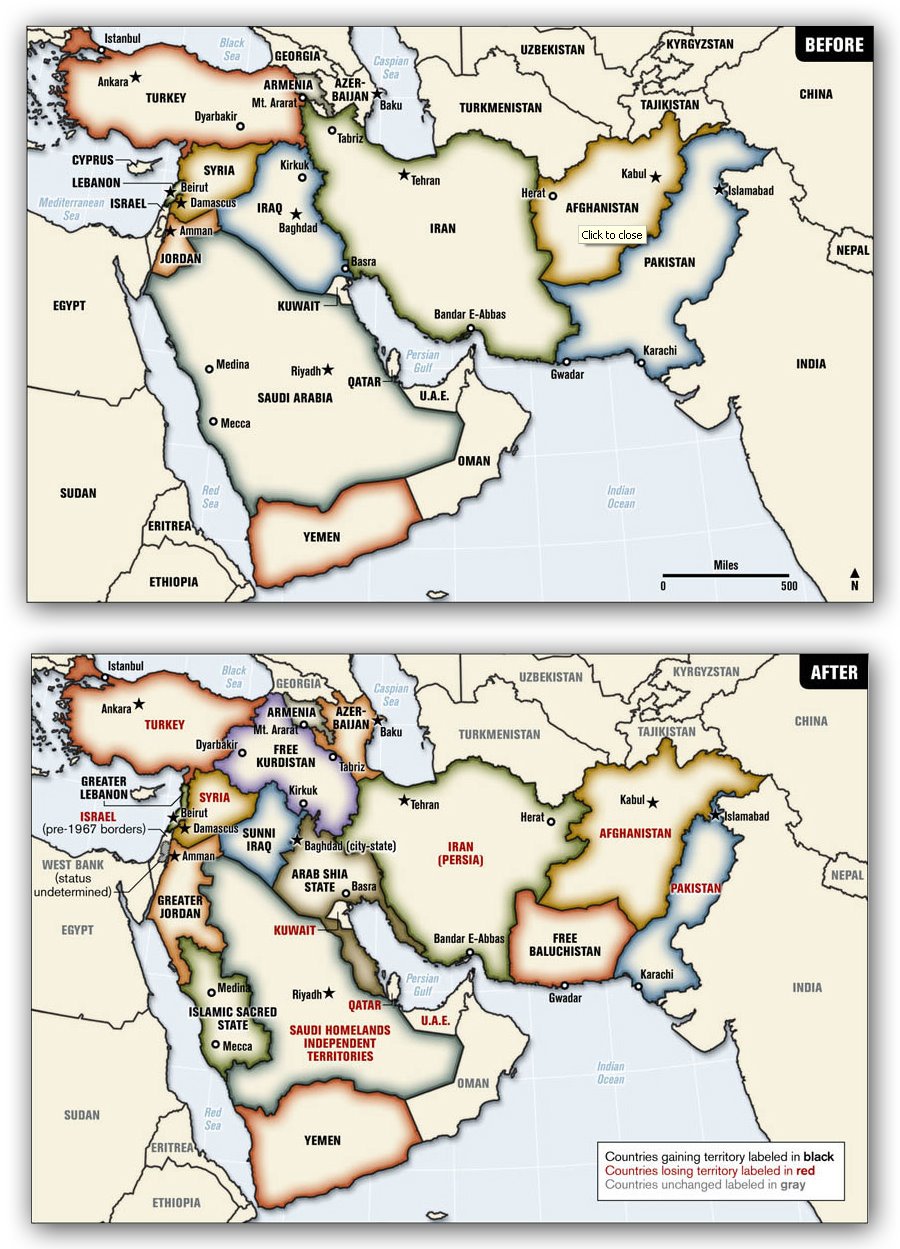Although much of what Ralph Peters states, as a retired Lieutenant Colonel and intelligence officer, makes sense, his argument is lost by a lack of clarity and editing. His prose reads more like commands, as a person accustomed to lead, rather than reasoned, thoughtful argumentation.
He writes for example that there is good thinking and sound analysis going on in think tanks (p. 65) but then he fails to quote any of the cited writers nor does he refer to them again. The reader is left to ponder what could be of value in the think tanks if Peters does not bother to quote them? In fact, he does not even bother to include a bibliography so we don't really know to what or to whom his ideas are related. He clearly takes issue with academics, leftists, and other straw men. But since he does not interact with either his supporters, or his critics, any argument he favors is undercut with his stentorian pronouncements.
He makes much of his pronouncements favoring women's rights and issues, as he does of human rights generally which is a positive aspect of the book; however, he does not quote any academic nor does he makes use of any leftist arguments of those who might agree with him. The effect is simply to weaken an otherwise sound argument. He unnecessarily alienates those whom he might convince or realize the valuable insights he might have. Academe has an important role to play in that regardless of one's ideological commitment an author's arguments are strengthened with interaction with others.
The failing to realistically wrestle with the issues leaves him flailing when addressing critical geopolitical areas and issues. He barely discusses Afghanistan, Iran, or Pakistan for example although they are central to his thesis that the U.S. should expand its global supremacy. In a world which includes Afghanistan, Pakistan and Iran, intractable areas of the world, we are left to ponder how Peters proposes that the U.S. should proceed.
The work appears to be cobbled together from disparate ideas and a clear conservative agenda which necessitates including everything including the kitchen sink. He races through world geopolitical issues, human rights, women's rights, the backwardness of Islam, a conservative agenda, the doctrines of the various military service branches, and their reforms. Its all too much, too quickly, and too superficially presented. The effect of his prose in fact, is a diatribe, and few parts of the world or critical issues are discussed in any meaningful or sufficiently weighty manner even if the reader would tend to agree with him in the abstract.
A major concern is the military role throughout the Middle East, something that would be of interest to the general reader appreciating his military and intelligence background. Yet, since he just brushes by areas of major concern such as Afghanistan and Iran, his insights fail to convince. If an intelligence officer does not appreciate the significance of these regions, he is not believable as he discusses other, lesser critical areas of concern.
This is not to say the book does not have a contribution to make although along these lines Thomas P.M. Barnett's The Pentagon's New Map, is more convincing. Peters' has his prescriptions and recommendations, but similar to Barnett in his lesser work, Blueprint for Action, both fail to convince. The average American seeks guidance in security matters from our gatekeepers but neither Peters nor Barnett are really helpful. In Peters' case, its almost as if we are left with the same military history of the past. We don't really know what to do, yet, once engaged and fighting, our military performs magnificently. The world has never seen better soldiers which is an American strength and officers such as Peters serve this country well.














